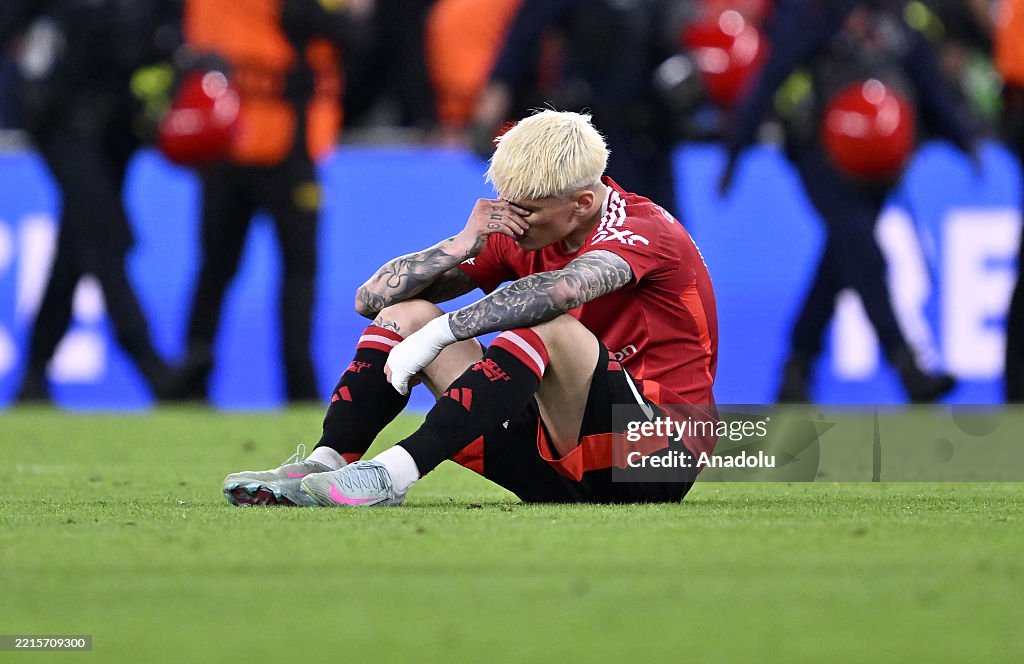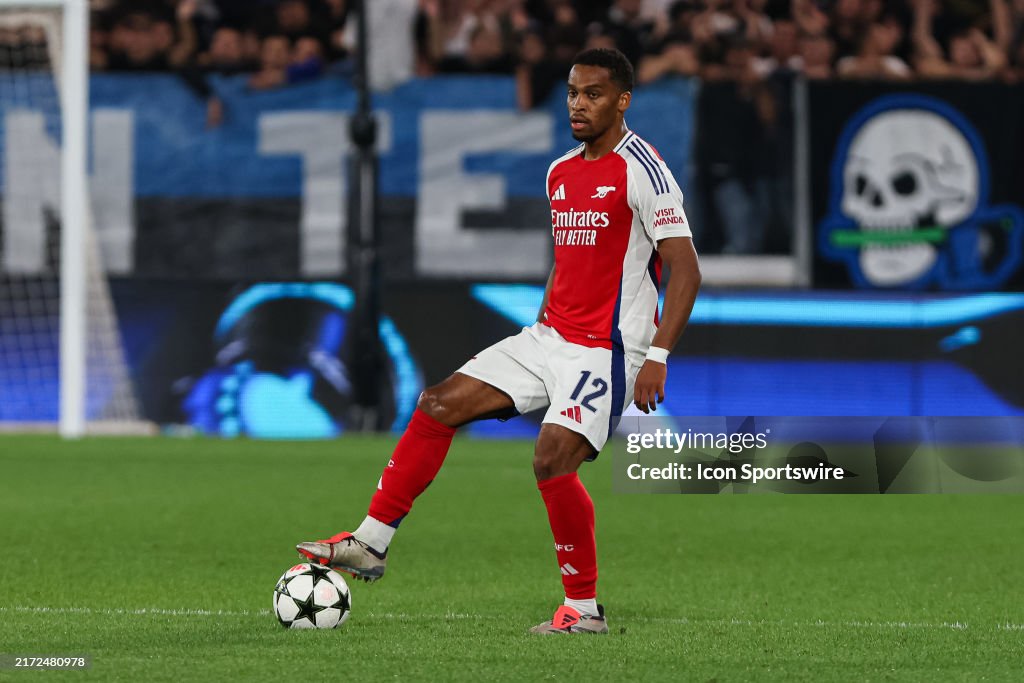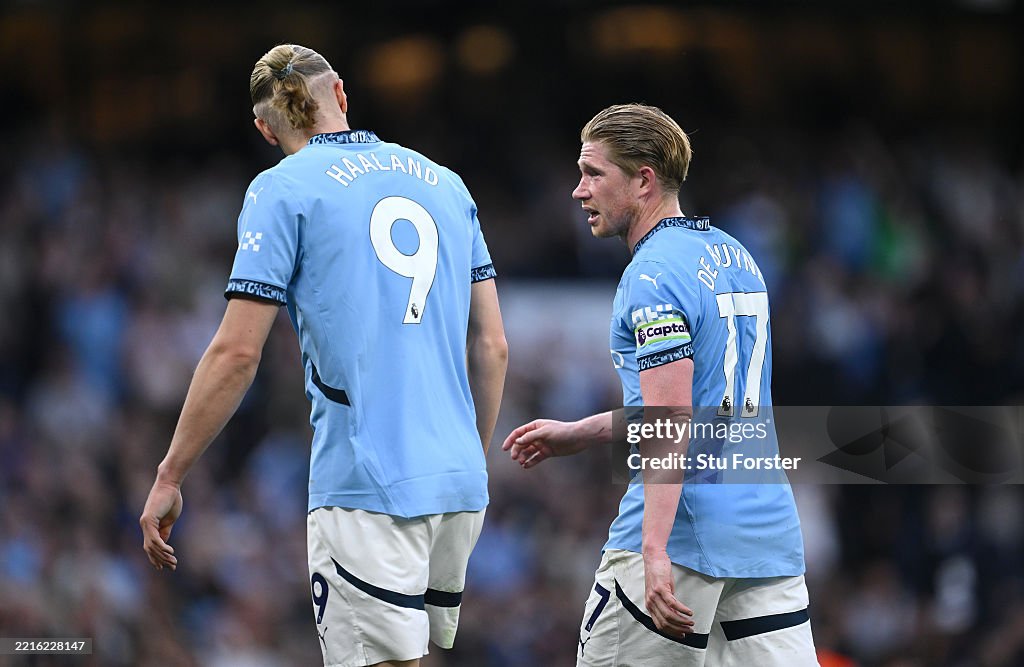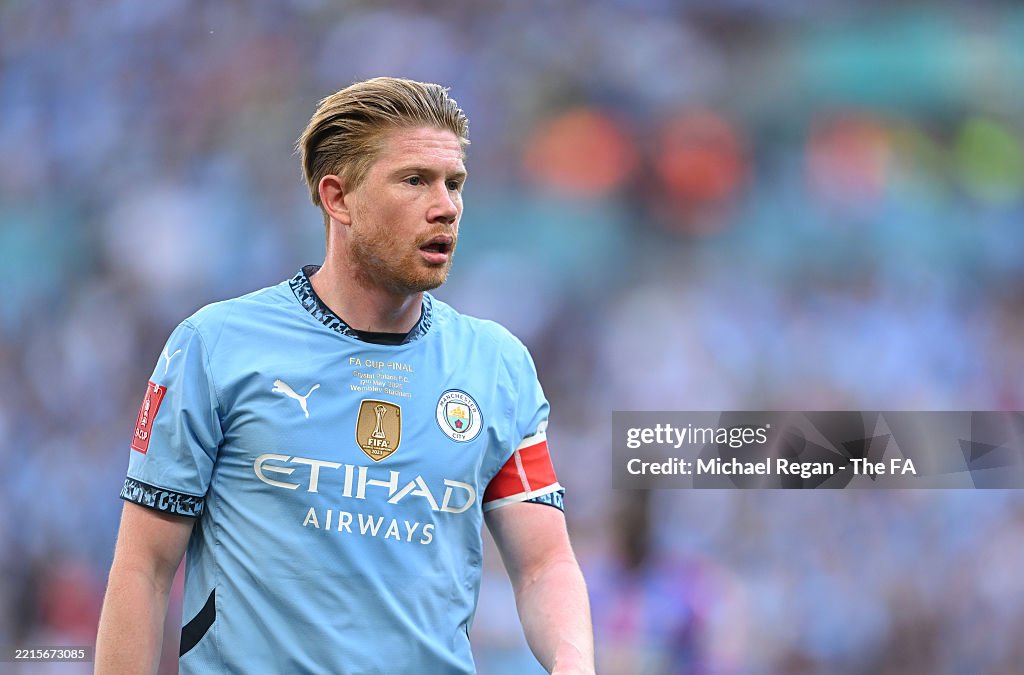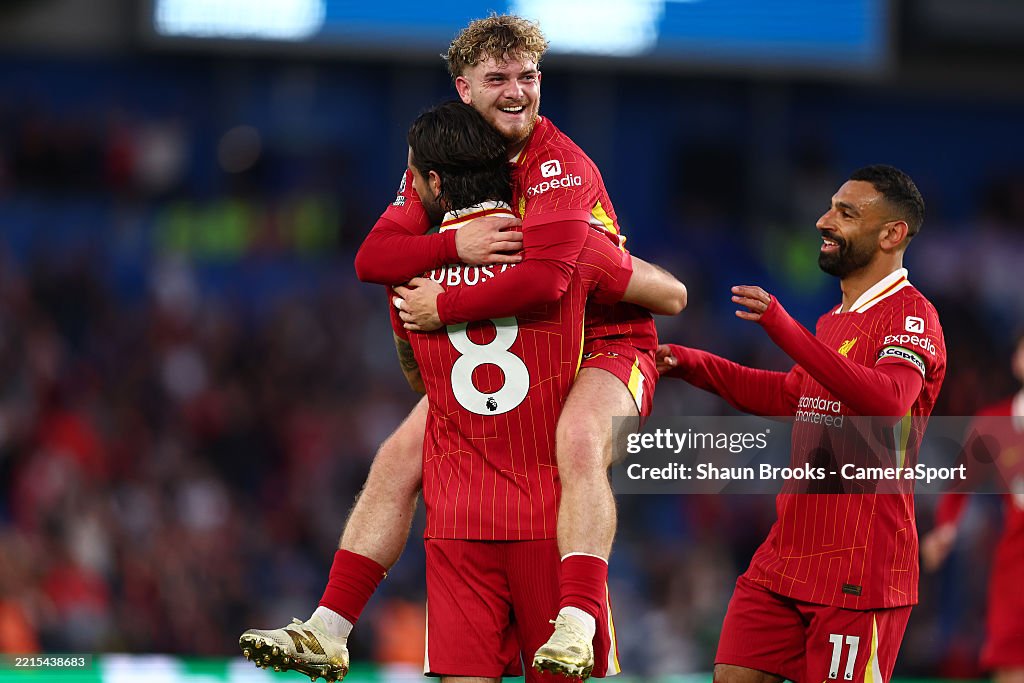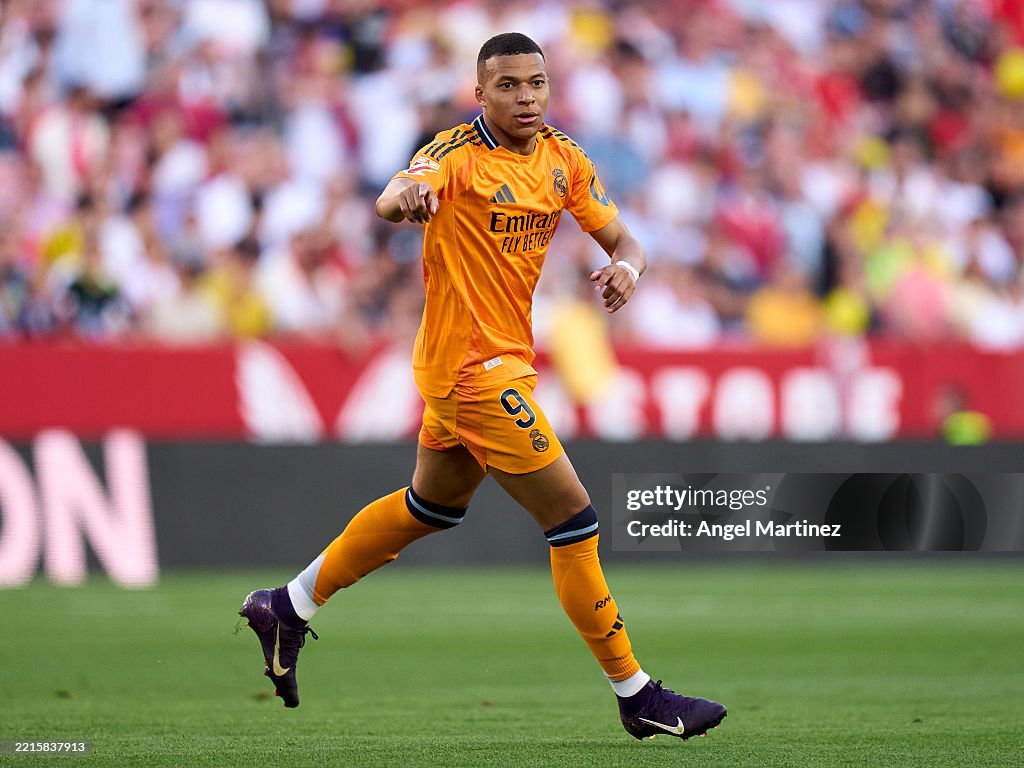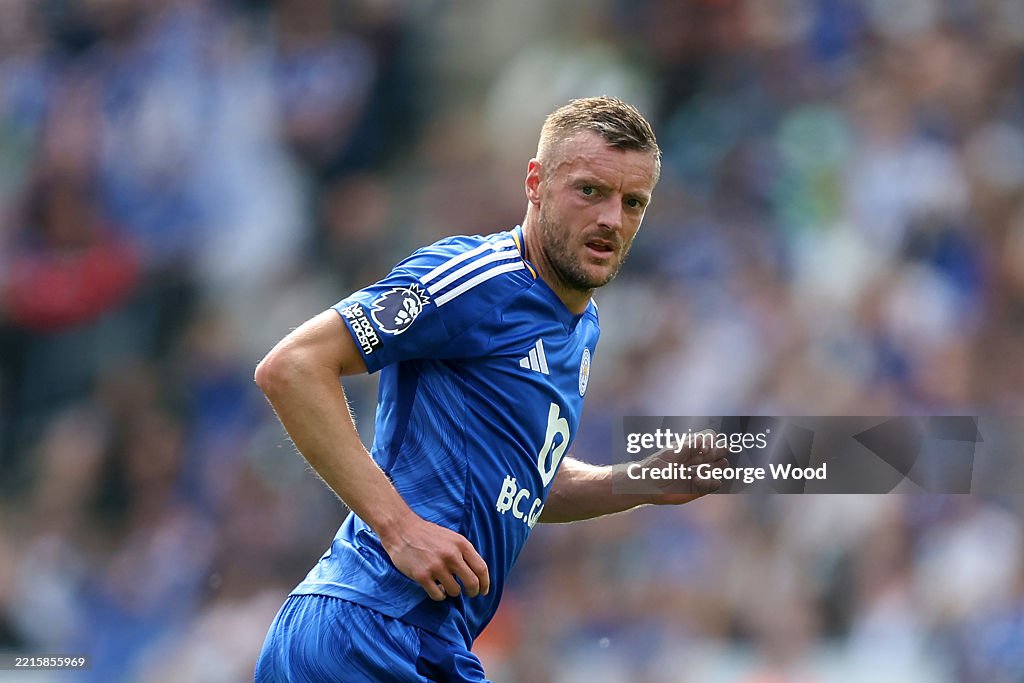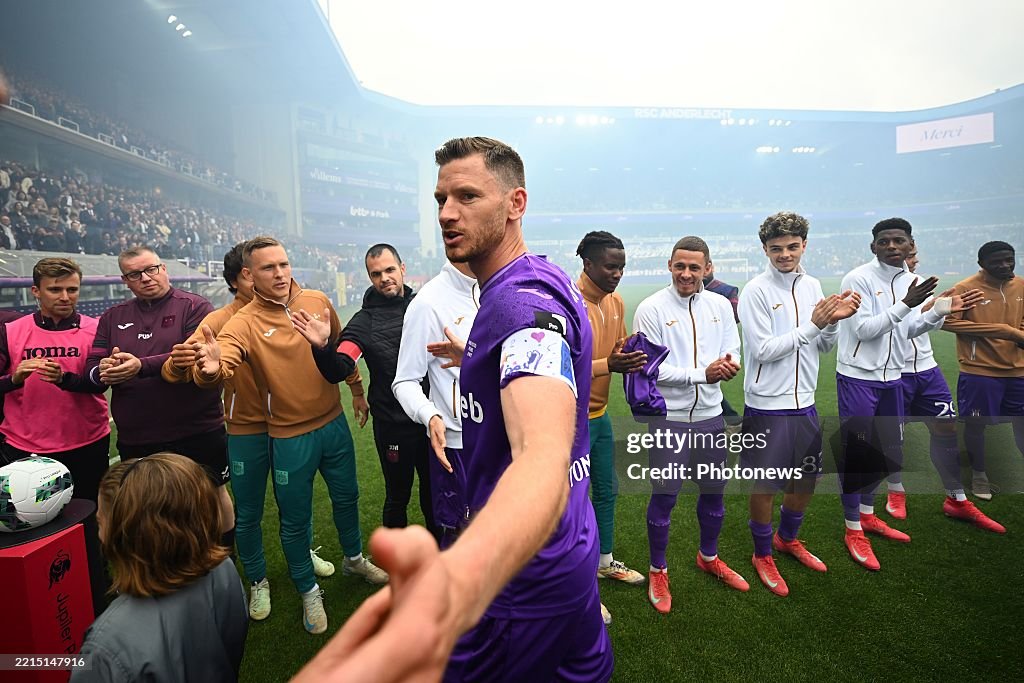Alejandro Garnacho was not only disappointed by Manchester United’s loss in the Europa League final, but also by the amount of playing time he was given against Tottenham Hotspur.
Alejandro Garnacho was left visibly frustrated after Manchester United’s 1-0 defeat to Tottenham Hotspur in the Europa League final not just by the result, but by his limited involvement in what was arguably the most important match of the season.
The 19-year-old Argentine winger, who had featured prominently in United’s run to the final, found himself benched in Bilbao and only introduced in the final twenty minutes. For a player who had consistently contributed throughout the competition, the decision felt like a personal blow.
"Up until the final I played in every round and helped the team... and then comes the final and I play twenty minutes?! I don’t know," Garnacho said post-match, clearly shaken by the experience. "The final, the season, the whole situation at the club... I’ll try to enjoy the summer and then we’ll see what happens." His comments, though calm in tone, hinted at underlying frustration not just with the game but with broader dynamics inside the club.
His disappointment was compounded by the fact that, just days earlier, Garnacho had been one of the heroes of United’s FA Cup final victory over Manchester City, where he opened the scoring and played with the kind of energy and directness that fans have come to admire. That performance had seemingly put him in pole position to start in the Europa League final. In fact, just hours before kick-off in Bilbao, Garnacho posted about that cup triumph a subtle reminder of his impact and readiness. The post was seen by many as a confident signal of his anticipation and determination to shine again on the European stage.
But when the team sheet dropped, Garnacho's name was not among the starters. Instead, he was used as a late substitute, a decision that baffled not only fans but also pundits. His younger brother Roberto echoed the frustration of many supporters with a stinging post on Instagram: "Works harder than anyone, helps in every round, scores in the last two finals, and then gets nineteen minutes on the pitch and gets thrown under the bus. Wow, hahaha." Though deleted shortly afterward, the message had already gone viral further stoking the controversy.
The decision not to start Garnacho also drew criticism from high-profile analysts, including former United defender Rio Ferdinand. Speaking on TNT Sports, Ferdinand questioned head coach Rúben Amorim’s tactical call: "We had no one making runs in behind, and Garnacho has done that all season whenever he’s played. Whether you like his finishing or not, he gives you that threat that stretches teams and that never happened at any point in this match against Spurs."
Indeed, United’s lack of attacking depth and vertical threat was glaring throughout the final. Spurs controlled the tempo for long stretches, and United struggled to break lines or exploit space precisely the areas where Garnacho thrives. His directness, pace, and flair were sorely missed in a match that cried out for unpredictability and energy on the flanks.
For Garnacho, the final was more than just a missed opportunity it may also have raised personal questions about his role and future at Old Trafford. While still under contract until mid-2028, and considered one of the brightest young talents to emerge from United’s recent crop, the winger now finds himself at a crossroads. He joined the first team in the summer of 2022 after being signed in 2020 from Atlético Madrid’s youth academy, and has since grown into a fan favourite with his daring play style and big-game performances.
However, his recent comments and his brother’s public frustration indicate that all may not be well behind the scenes. Garnacho has been linked with interest from clubs in Spain, and while there are no confirmed moves on the horizon, his reaction to being benched in the final may trigger internal conversations at the club especially at a time when Manchester United are navigating broader structural uncertainty, including questions over management and future squad planning.
With the summer break approaching, Garnacho will have time to reflect on a season filled with personal growth, key goals, and a pair of high-profile cup finals but also one marred by disappointment and confusion at the final hurdle. Whether he returns with renewed focus and commitment or starts to consider his options elsewhere could depend on how the club responds to his concerns and how prominently he figures in future plans.
One thing is certain: Garnacho’s talent is undeniable, and his frustration is understandable. If Manchester United want to keep hold of one of their brightest young stars, they may need to show him more trust on the biggest stages before it’s too late.
